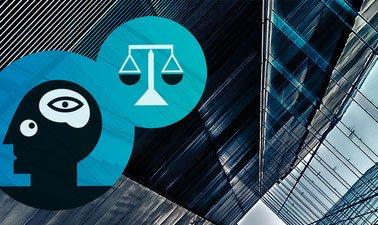MOOC List is learner-supported. When you buy through links on our site, we may earn an affiliate commission.

MOOC List is learner-supported. When you buy through links on our site, we may earn an affiliate commission.
This course will provide you with a practical framework for dealing with such situations, an understanding of the professional rules of ethics for engineers and how to apply them.
The course discusses the following topics:
- Codes of ethics as an expression of professional rules of conduct
- Different types of codes of conduct
- Challenges and limitations in codes of ethics
- Whistleblowing and the circumstances in which it is morally warranted
- Conflicts of interest and ways of handling them
- The importance of communication with societal stakeholders and best ways of achieving it
Through informative videos, readings, case studies, assignments and interviews with CEOs we will familiarize you with these topics.
The assignments are application-oriented: in addition to deepening your understanding of the professional responsibilities themselves, we invite you to reflect on how these issues are dealt with within your own work practice and organization. The course will benefit engineers who:
- want to learn professional rules of ethics and how to act in conflicting situations
- aim to become a Chartered Engineer or maintain this qualification as part of their continuing professional development
What you'll learn
- Understand the professional rules of conduct for engineers and how to apply them
- Appreciate codes of conduct as an expression of the professional rules of conduct
- Understand the conditions under which whistleblowing is warranted
- Recognize conflicts of interest and develop strategies for handling them
- Understand the importance of communication with all stakeholders
- Develop practical strategies for handling ethical dilemmas and apply them
Syllabus
Learning unit 1
This unit examines the place of professional ethics in engineering and a number of practical codes of conduct. It shows how to apply the KIVI (Royal Netherlands Society of Engineers) Code of Conduct in practice.
Learning unit 2: Whistleblowing
In this unit we discuss whistleblowing, with a focus on determining when it is warranted and how it should be handled.
Learning unit 3: Conflicts of interest
Conflicts of interests are defined and common causes are examined with examples from engineering practice. The unit also provides strategies for dealing with conflicts.
Learning unit 4: Communication
This unit looks at the duties of engineers to communicate with stakeholders and with society in general. Examples are provided of effective means of communication.
MOOC List is learner-supported. When you buy through links on our site, we may earn an affiliate commission.
MOOC List is learner-supported. When you buy through links on our site, we may earn an affiliate commission.
